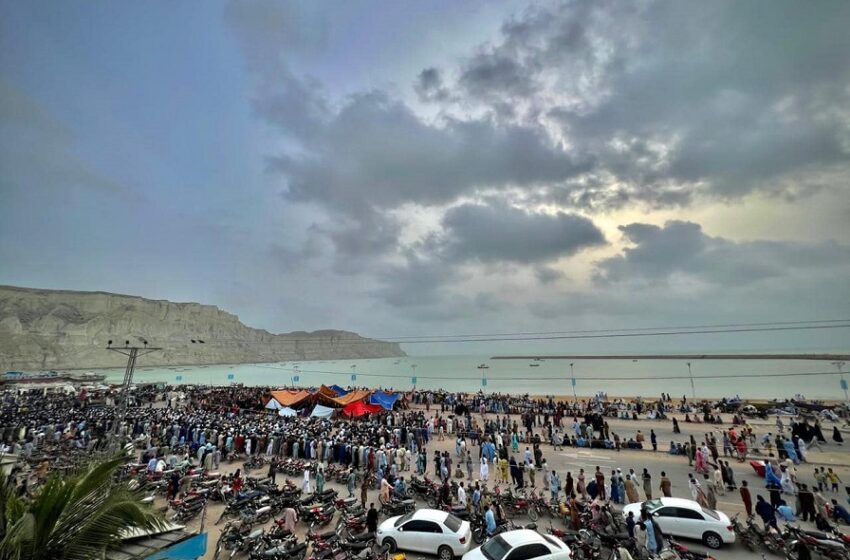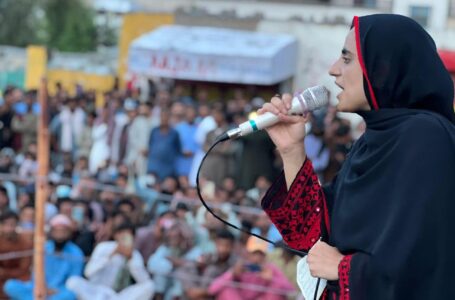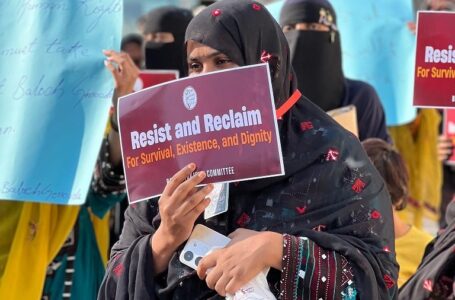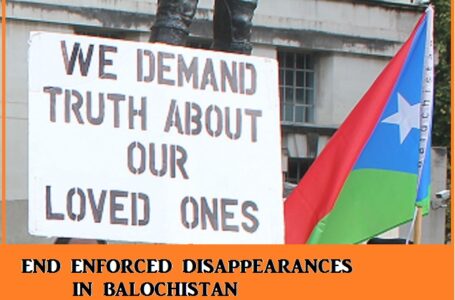The Case for a Free Balochistan: A Catalyst for Regional Stability and Prosperity
Balochistan to get no revenue from Gwadar Port

Photo credit: BYC Facebook
SHAAL (QUETTA): Recent disclosures regarding the financial arrangements of the Gwadar Port have triggered fresh concerns over economic exploitation and deepening disenfranchisement in Balochistan.
Official documents presented in the Senate reveal that a staggering 91% of revenue generated from Gwadar Port is allocated to the Chinese firm, China Overseas Ports Holding Company (COPHC). The Pakistan federal government retains the remaining 9%, with no direct financial share granted to Balochistan.
The port’s development and operations are governed by a 40-year “Build, Operate and Transfer” (BOT) agreement, under which COPHC controls all construction, commercial activities, and operations of the port. Ownership is slated to be handed over to Pakistan after four decades, but Balochistan will continue to be excluded from both revenue and decision-making throughout this period.
In addition, the Gwadar Free Zone, a key component of the broader development plan, is similarly structured. 85% of its revenue goes to the Chinese company, while the Gwadar Port Authority receives 15%. Yet, this minor share also excludes any participation or benefit for the Balochistan government or local authorities.
Local leaders, experts, and social activists have condemned the agreement, describing it as a model of resource extraction that prioritizes foreign interests at the expense of the indigenous Baloch population. Promises of development, employment, and improved infrastructure, they argue, have remained largely unfulfilled.
“Instead of progress, the people of Gwadar have witnessed an increase in military checkpoints, enforced disappearances, and restrictions,” said a local activist, who asked not to be named due to security concerns.
The financial imbalance and lack of autonomy confirms the longstanding grievances in Balochistan, already marred by political unrest, poverty, and state repression. Public anger is mounting, with demands growing for the region to be granted constitutional, political, and financial authority over its resources.
The situation has also contributed to the escalation of armed resistance. Pro liberation Political and militant groups alike have rejected the Chinese-led projects, calling them exploitative. The pro-freedom Baloch armed organisations continue their resistance and attacks against China-Pakistan nexus against Baloch people and exploitation of Balochistan’s natural resources.
Despite heavy investments and international interest in the Gwadar project, touted as the crown jewel of the China-Pakistan Economic Corridor (CPEC), local communities remain largely excluded from its benefits, lacking basic services, employment opportunities, and meaningful representation.
Independent observers warn that continued economic marginalisation and militarisation could deepen the crisis in Balochistan, with broader implications for regional stability.










